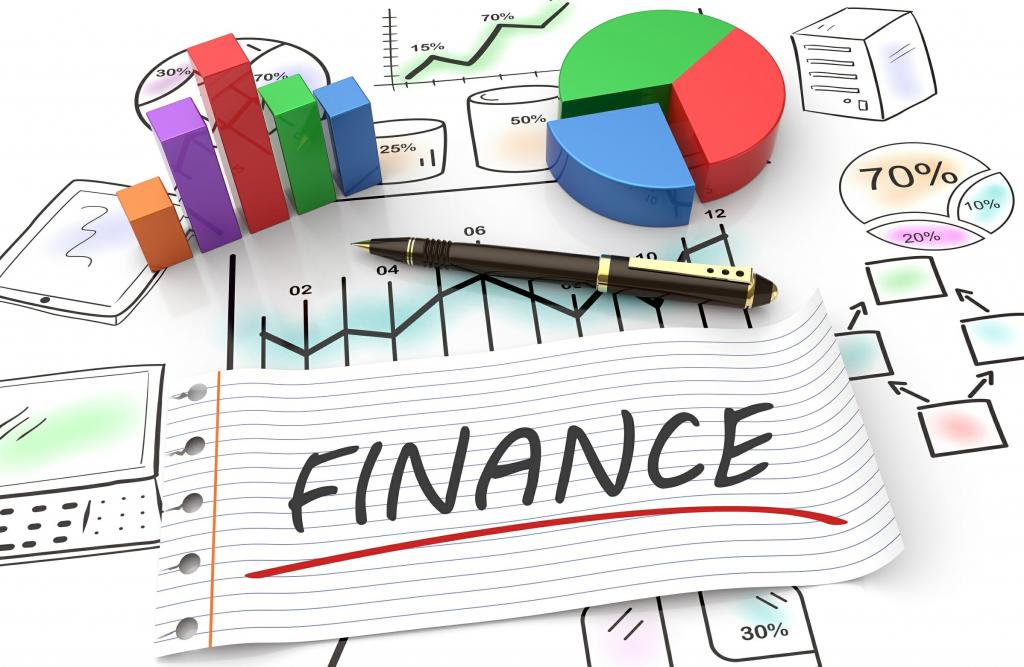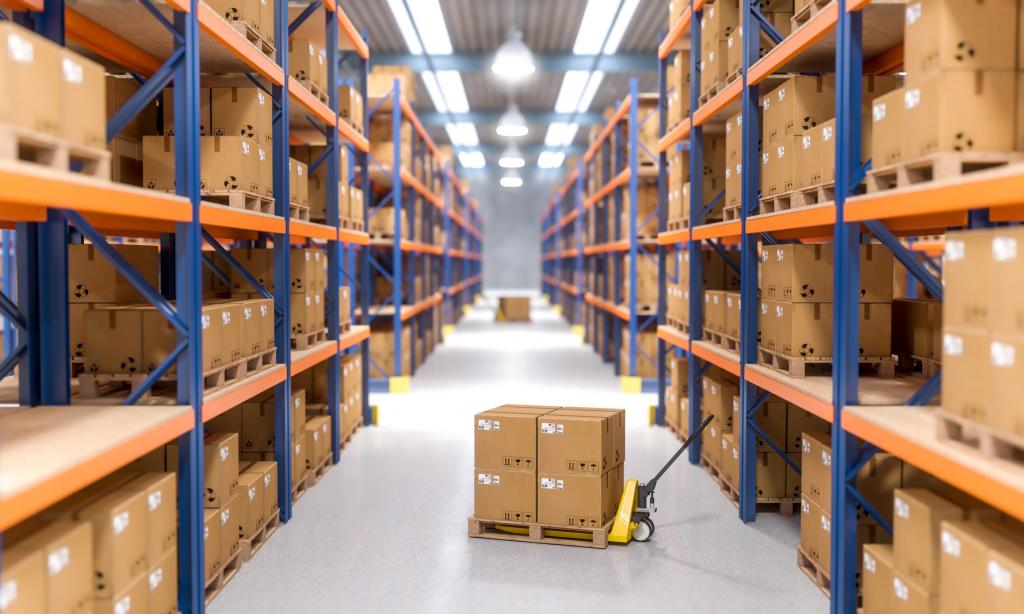[NEWS] - Export goods risk for business
10/05/2022
![[NEWS] - Export goods risk for business](/gw-content/images/74c3808082d5438b1ac4-BAb1i.jpg)
Exporting goods brings many high values to enterprises. However, everything has certain risks, such as the case of export cashew nut containers of Vietnamese enterprises suspected of being scammed in Italy has not yet been concluded. This incident shows that many gaps in international trade transactions need to be fixed.
Recently, 05 Vietnamese enterprises exported 100 containers of cashew nuts to Italy. However, in the process of working with import partners, they discovered many signs of fraud. Vietnamese enterprises have not received the money, meanwhile, 36 containers have lost their original documents and are at risk of being lost. The incident shows that in international trade activities, risks can still occur, including fraudulent activities.
In order to avoid such unfortunate risks for businesses, Indochina Holdings would like to share the risks when exporting goods:
1. Political risk:
Exporters can face significant political risks when doing business in different countries. Some of these risks already exist and are predictable while others can arise quickly and unexpectedly. A new election, sanctions or pressure from other governments, and civil unrest can all rapidly change the political landscape. In general, the more stable a country’s business, financial, and social systems are, the less political risk that country has.

When the political situation of a country changes or deteriorates, companies operating or doing business in that country may encounter a range of problems. The government can confiscate assets. It can be difficult for businesses to move money in and out of that country. Your import customers may not be able to repay their debts if their business struggles during times of political turmoil or changes in government policy.
Because political risks can be difficult to predict or mitigate directly, exporters can focus on closely monitoring the political situation in the countries in which they operate. With a clear process, companies can take steps to limit their financial risk.
For example, reduce credit lines for customers in that country as soon as the situation looks bad to minimize potential damage. Some insurance policies, including credit insurance, may also provide coverage for losses related to changes in the political environment.
2. Legal risks:
Laws and regulations vary widely around the world. What is customary and normal in one country may not be the same in another. As a result, exporting companies may face legal issues related to several areas of business, including customs, contracts, currency, liability and intellectual property rights. related to the products they sell.

One of the best ways to minimize the legal risks of exporting is to hire legal counsel in that country or someone with proven experience and knowledge of the local laws. Your company should avoid getting bogged down in a protracted legal dispute in a foreign country involving legal issues. Relying on trusted legal advice can help you avoid, even anticipate, and proactively deal with potential legal problems.
3. Credit & financial risks:
When doing business internationally, the risk of customer default or default is one of the important issues that exporters have to deal with. Indeed, export credit risk is one of the most important financial risks a company can face. It is very difficult to get a customer to pay the debt even if the customer is in the country. It can be doubly difficult when that customer is in another country.
Even assessing the creditworthiness of an international customer can be difficult. Not all countries have detailed information about a customer’s past credit history or current credit rating.

To mitigate these credit risks before making shipments, exporters often rely on prepayment or credit guarantees, such as letters of credit. Unfortunately, taking these steps can delay shipments or exclude potential customers who are unable or unwilling to provide these documents, costing exporters a business opportunity.

Export credit insurance is perhaps the most effective way to deal with export credit risk. In addition to providing payment in the event of a customer default, credit insurance can also provide important credit information about current and potential customers, allowing exporters to Make more informed credit decisions.
4. Quality risk:
When you export and the goods are shipped, customers can complain about the quality of the products. These may be complaints because your product is not of the quality as originally agreed and specified by the buyer. In the event that your product is of good quality, the buyer can use the low-quality product complaint to gain an advantage and negotiate a discount on the shipped products.

One way to deal with quality risks is to hire an independent third party to inspect goods before they are shipped. If this is not possible, the exporter can send samples to the importer or the end customer so that he or she can inspect the product for themselves and determine if the quality is acceptable before shipping any orders.
5. Transport and logistics risks (Logistics):
Making an export sale is just the beginning of a multi-stage process. Goods sold at this time need to be shipped quickly and safely to the customer. At this point, exporters may be exposed to a range of transportation and logistics risks, which can vary depending on the goods being transported and the transportation requirements.

Some goods require refrigeration, must not be exposed to extreme heat or cold, or have an expiration date. Other goods are extremely fragile, need to be handled with care, or must be assembled before delivery to the customer. All shipments must be tracked. If something goes wrong, the buyer can try to negotiate a discount or refuse the shipment altogether.
Minimizing transportation and logistics risks often involves quality control and careful tracking procedures throughout the delivery process. Your business should use the services of professional transport and logistics companies, with high expertise to handle shipments. Some insurance companies also provide cover for losses due to delays and malfunctions in the export of goods.
6. Language and culture risks:
Doing business with importers and customers in another country requires a certain amount of trust. Differences in language, culture, religion and many other aspects of life require careful handling. For example, when exporters and their customers speak different languages, translations of documents and contracts must pay attention to important details and cultural differences. When language differences lead to incomprehension, it can cause adverse losses for exporters.

In order to limit and avoid the above risks, our company Indochina Holdings provides businesses with a type of trade promotion service, consulting on import and export of goods to the world. Moreover, we also support legal advice, documents to ship goods quickly and on time. In addition, Indochina Holdings has an exclusive right to the GSM-102 program of the United States Department of Agriculture (USDA) to provide L/C credit guarantees for businesses that want to import US agricultural products with extremely preferential interest rates.
Cao Duy
Bài viết cùng loại
[EVENT] - VIETNAM - LAOS INVESTMENT AND TRADE PROMOTION FORUM 2024
On the morning of December 27, 2024, within the framework of the event "Laos - Vietnam Tourism, Culture and Trade Promotion Day 2024", the Vietnam - Laos Trade and Investment Promotion Forum 2024 was held. The program was sponsored by the Ministry of Information, Culture and Tourism of Laos and the People’s Committee of Ho Chi Minh City. The Consulate General of the Lao PDR in Ho Chi Minh City coordinated with Indochina Holdings Trading Promotion Investment Joint Stock Company to organize the implementation.
[NEWS] - Boldly change gold management thinking
With regulations prohibiting the export and import of gold as well as the monopoly of the SJC gold bar brand, domestic gold supply and demand are always imbalanced. Many experts recommend the need to amend the regulations of Decree 24/2012/ND-CP to be consistent with current gold market management.
[NEWS] - Export rice prices are high but why are businesses hesitant to sign new contracts?
In the first week of 2024, world rice export prices continued to stand at a high level, but businesses did not dare to close new contracts.
[NEWS] - HoREA proposes to retain the "Land Development Fund"
Ho Chi Minh City Real Estate Association (HoREA) has just issued a written proposal to amend and supplement regulations on bidding for projects using land to select investors and propose to retain regulations on the Land Development Fund of the Draft Land Law (amended).
[NEWS] - The "golden" time to borrow money to buy a house
Some banks offer housing loan programs with very low interest rates, with products equal to deposit interest rates to stimulate demand for the real estate market. However, according to experts, one of the reasons why this market is still quiet is that housing prices are still too high compared to people’s income.
[NEWS] - ADB changes GDP growth forecast for Southeast Asia. How is Vietnam’s GDP growth evaluated compared to Thailand and Indonesia?
Recently, the Asian Development Bank (ADB) published the Asian Development Outlook (ADO) report, with forecasts that in the context of weak demand for export products, growth prospects for Southeast Asia in 2023 have decreased from 4.6% to 4.3%.


![[EVENT] - VIETNAM - LAOS INVESTMENT AND TRADE PROMOTION FORUM 2024](/gw-content/thumbs/post503-msSnH.jpg)
![[NEWS] - Boldly change gold management thinking](/gw-content/thumbs/z5075551050158173af4e6cea9cd879698bf0630beef67-XoU2A.jpg)
![[NEWS] - Export rice prices are high but why are businesses hesitant to sign new contracts?](/gw-content/thumbs/z5075551067963f361f5671848c74ac1c7e3b0ada65ede-WRlgM.jpg)
![[NEWS] - HoREA proposes to retain the "Land Development Fund"](/gw-content/thumbs/z5075551024897ec635eec94c9336d498058eae722786c-ZVCrd.jpg)
![[NEWS] - The "golden" time to borrow money to buy a house](/gw-content/thumbs/z49891648529183ca5f6beac8ea08f456c7e36bd3ef840-A5BbC.jpg)
![[NEWS] - ADB changes GDP growth forecast for Southeast Asia. How is Vietnam’s GDP growth evaluated compared to Thailand and Indonesia?](/gw-content/thumbs/z4989164842729b947f81a888330bdd95189790555c15d-nmhBV.jpg)